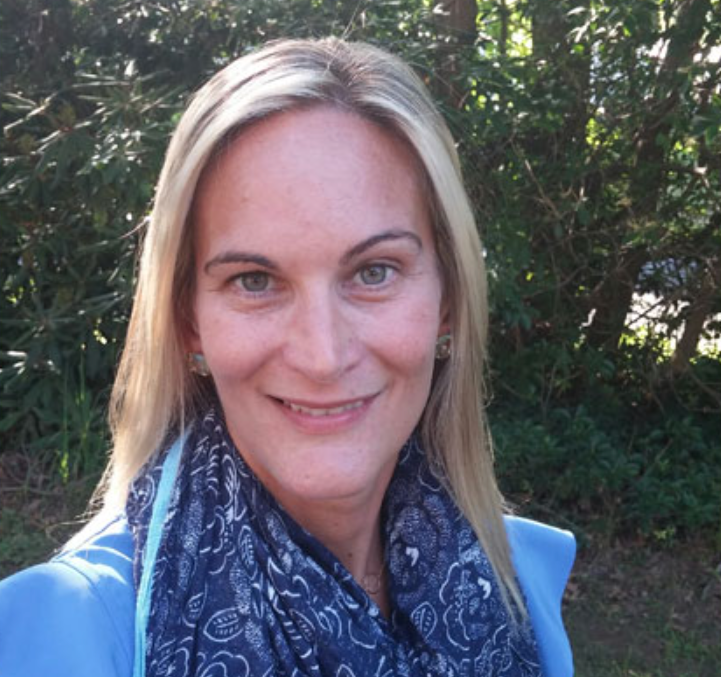
“We know what Newark looks like standing still, and we know that change is needed. With all the diversity in the city, it’s important that we try to work together. Let’s get it together—let’s move Newark.”
–Tony Carter, student intern at Greater Newark Conservancy and Newark resident
When you think of the great and not-so-great places you’ve visited in your life, what feelings and emotions do these memories evoke? How would you rate the quality of your local parks or the ease of access to public transportation in your neighborhood? And, if you were tasked with producing a plan to improve quality of life in your hometown, what would your strategy be to work with local stake-holders to see your vision through?

Over two days during the week of August 8, Tri-State Transportation Campaign challenged over 50 high school student interns at the Greater Newark Conservancy (GNC), a non-profit organization that promotes environmental stewardship to improve the quality of life in New Jersey’s urban communities, to come up with answers to these and other questions. The interns are part of the Conservancy’s Newark Youth Leadership Project, a year-round program which provides local high school and college students with job training experience, leadership development and exposure to career and higher education opportunities in the environmental and horticultural fields.
This is the fourth year running that Tri-State has been part of GNC programming and the third year of facilitating the “Rework Newark” program. On the first day, Interns received in-class instruction and explored the University Heights neighborhood on foot, studying the condition of the neighborhood based upon factors such as the functionality of the transportation network, the mix and availability of retail and human services establishments, cultural and artistic infrastructure and expression, and the overall urban landscape, among many others.
On the second day, interns were then asked to evaluate their own neighborhoods based upon similar criteria and took on roles such as “mayor,” “city planner” and “developer” to produce solutions aimed at making Newark a better place to live. Among the many insightful suggestions from the interns, there was broad support for more healthy food choices such as farmer’s markets, Trader Joe’s and Whole Foods; more bike lanes throughout Newark; and more parks and teen centers.
The interns’ work will be compiled into a report that will be sent to state legislators in the 29th district, Mayor Cory Booker, the City Council and the media.

Of the program, Michele Robinson, Director of Programs at Greater Newark Conservancy said, “Developing the leaders of tomorrow is an important part of the internship experience, in addition to exposure to career options and preparedness for higher education opportunities. The critical thinking that these students will bring to the ‘Rework Newark’ initiative will allow them to show their ideas and inspiration for making their City a better place to live, to learn and to grow.”
While Newark continues to face significant challenges, city officials should take note of the participants’ insights, recommendations and attitudes about the future. Tanaysia Caesar, GNC intern put it best, saying “If we want something done, we have to speak up about it. Instead of just saying that it needs to be done, we need to work as a community to get it done.” With leadership like this, it would be unwise to bet against a better future for the city of Newark.
Photos: Tri-State Transportation Campaign.
